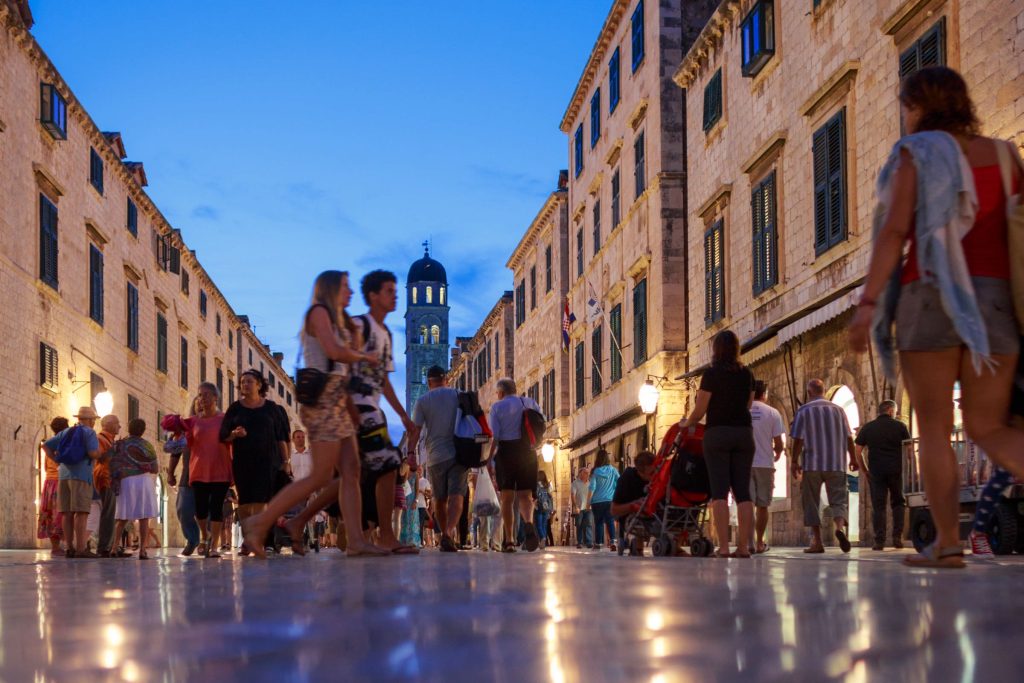October 6, 2020 – The first tourist conference during the coronavirus pandemic entitled “Croatian Tourism 365? – Post-COVID tourism and new opportunities” was held today in Tuheljske Toplice. Top domestic and EU tourism experts analyzed this year’s tourism results and discussed post-COVID challenges and opportunities.
Great emphasis was placed on the year-round Croatian tourist offer.
At the introductory presentation “Tourism 2020 – What after Covid-19?”, the global director of tourism consulting from the company Horwath HTL, Siniša Topolović, explained that everyone in tourism has suffered significant blows due to coronavirus. However, Croatia still achieved over 40 percent of last year’s tourism compared to Europe, where that percentage is around 30 percent.
Also, Croatia reached 60 percent of last year’s traffic in July and August, and by the end of the year, we can expect about 50 percent of last year’s traffic.
Topolović also pointed out that Zadar County achieved the highest index of tourist traffic compared to 2019 – 60 percent, while Istria County traditionally has the highest number of overnight stays. Zagreb is the most successful continental destination, and Dubrovnik County has experienced the biggest decline this year.
“This year it is worth ‘the further south, the sadder’, but this year should be used to emphasize the quality of tourism,” said Topolović, adding that this year’s winners are quality providers of private and hotel accommodation and quality caterers.
Year-round tourism and linking the offer
The organizer of the conference, Ivana Kolar, pointed out that year-round tourism can be one of the answers to the existing COVID-19 challenges, with which the vice president of the Croatian Chamber of Commerce for Agriculture and Tourism, Dragan Kovačević, agreed.
In his opinion, we should think about Croatian tourism from the perspective of a modern tourist.
“Modern tourists use modern technologies, book accommodation at the last minute, quickly change locations, look for an alternative to mass tourism, are looking for an authentic experience to get to know the local population, customs, traditions, and culture of the people. Because of its cultural and natural features, Croatia has a lot to offer,” explains Kovačević.
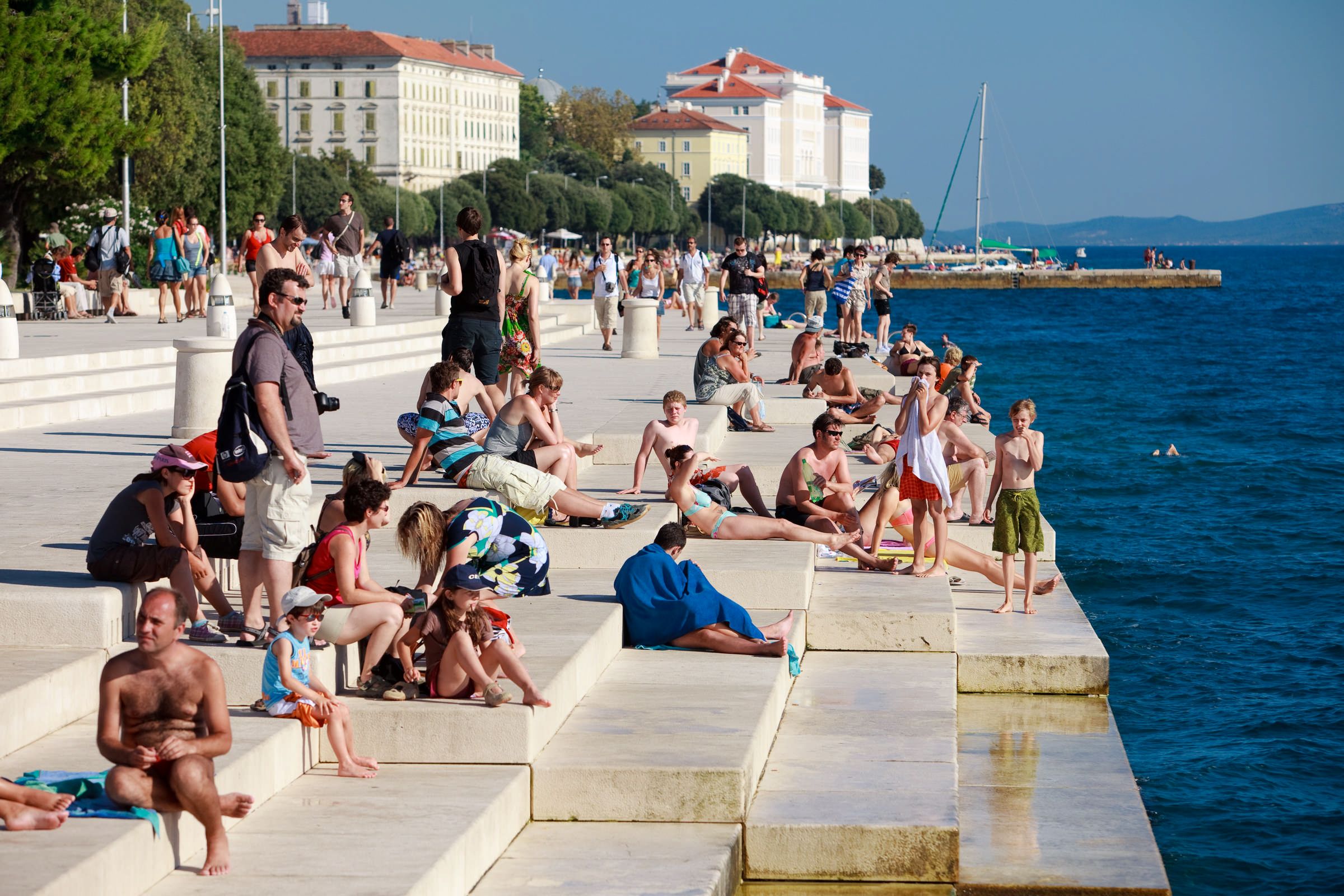
Zadar County achieved the highest index of tourist traffic compared to 2019 – 60 percent / Copyright Romulić and Stojčić
Željko Kolar, a prefect of Krapina-Zagorje County, believes that “it is important that we are evaluated by regions, and not by the whole country so that we have a better chance of being on the market.” He also points out that all types of tourism (wellness tourism, health tourism, religious tourism) must be brought together in the offer.
‘More comprehensive destinations’
Minister of Tourism and Sports of the Republic of Croatia Nikolina Brnjac emphasized during the Ministerial Forum that the goal of Croatian tourism is to move away from seasonality.
“We cannot rely on seasonality, but we must have good products for that,” said the Minister, confirming the opinions of Topolović and Kolar that quality products (4 and 5-star hotels, family farms, holiday homes, marinas) did good business this year. The fact that over 300 megayachts visited the Croatian coast this year is not negligible.
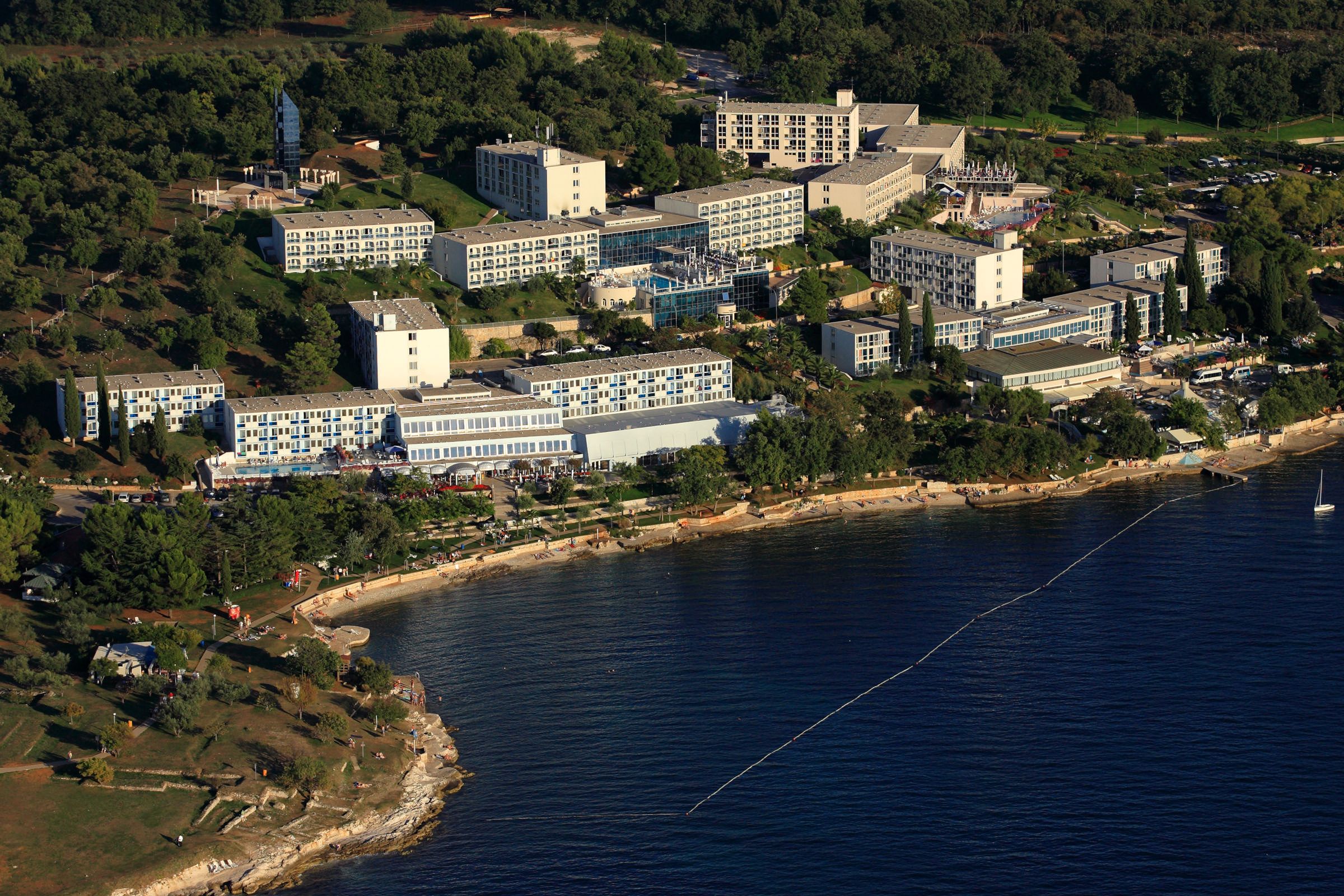
Istria County traditionally has the highest number of overnight stays / Copyright Romulić and Stojčić
The Ministerial Forum was also attended by Zdravko Počivalšek, Minister of Economy and Technology Development of the Republic of Slovenia, Fernando Valdés Verelst, State Secretary for Tourism, Ministry of Industry, Trade and Tourism of the Kingdom of Spain (online), and Elisabeth Köstinger, Minister of Agriculture, Region and tourism of the Republic of Austria (online). They discussed the future of tourism in their countries.
Fernando Valdés Verelst stated that Spain sees coronavirus as a possibility and that they “really need to start offering more comprehensive destinations.”
40,000 tourists still in Croatia
Kristjan Staničić, director of the Croatian Tourist Board, said that the year was extremely demanding for the main season, although the tourist year is still going on, and today we have another 40,000 tourists in Croatia, mostly foreign.
“A lot of energy and funds are focused on key emitting markets, but also on the domestic market where we are implementing two important projects – a ‘Week worth of vacation’ and a ‘Croatian tourist card’. These are projects that will be upgraded in the future and will provide an answer to the question of this conference – Croatian tourism 365? The answer is that it can, but with the synergy of all of us,” concluded Staničić.
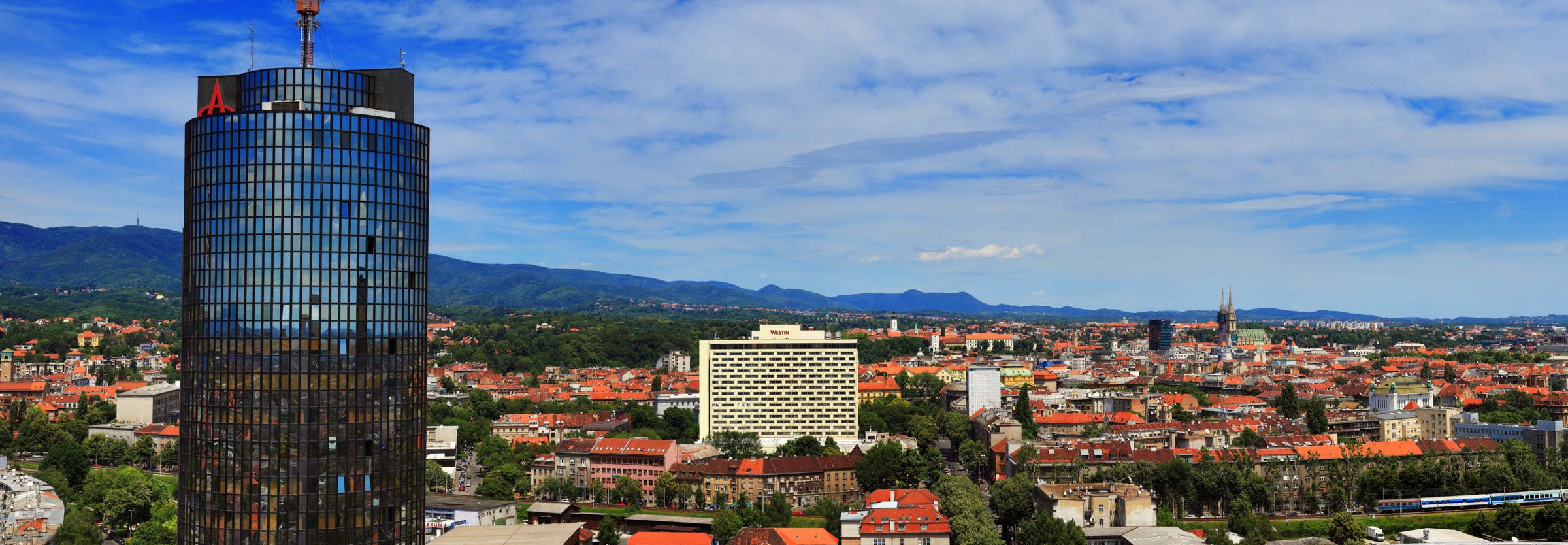
Zagreb is the most successful continental destination / Copyright Romulić and Stojčić
He also stated that this year’s experience is a good basis for preparing what awaits us in 2021, but we need an even bigger and more intensive campaign, more informing the general public that we are a safe and close destination with good value for money.
Look into the future
At the beginning of the conference, Topolović pointed out that “people still want to travel, everyone has to go on vacation,” and that the sun and the sea have their future even in the biggest crisis.
However, Minister Brnjac says that “it is dangerous to rely on one product only – the sun and the coast.” Therefore, the guidelines for the development of a new tourism strategy relate to the quality of tourism infrastructure, accommodation facilities, and the emphasis is placed on additional product offerings.
The problem in Croatian tourism is currently underdeveloped off-season products such as the ski season, wellness tourism, and spas.
“‘Pre- and post-season have a future only if we have quality products and services,” is the main argument of Topalović.
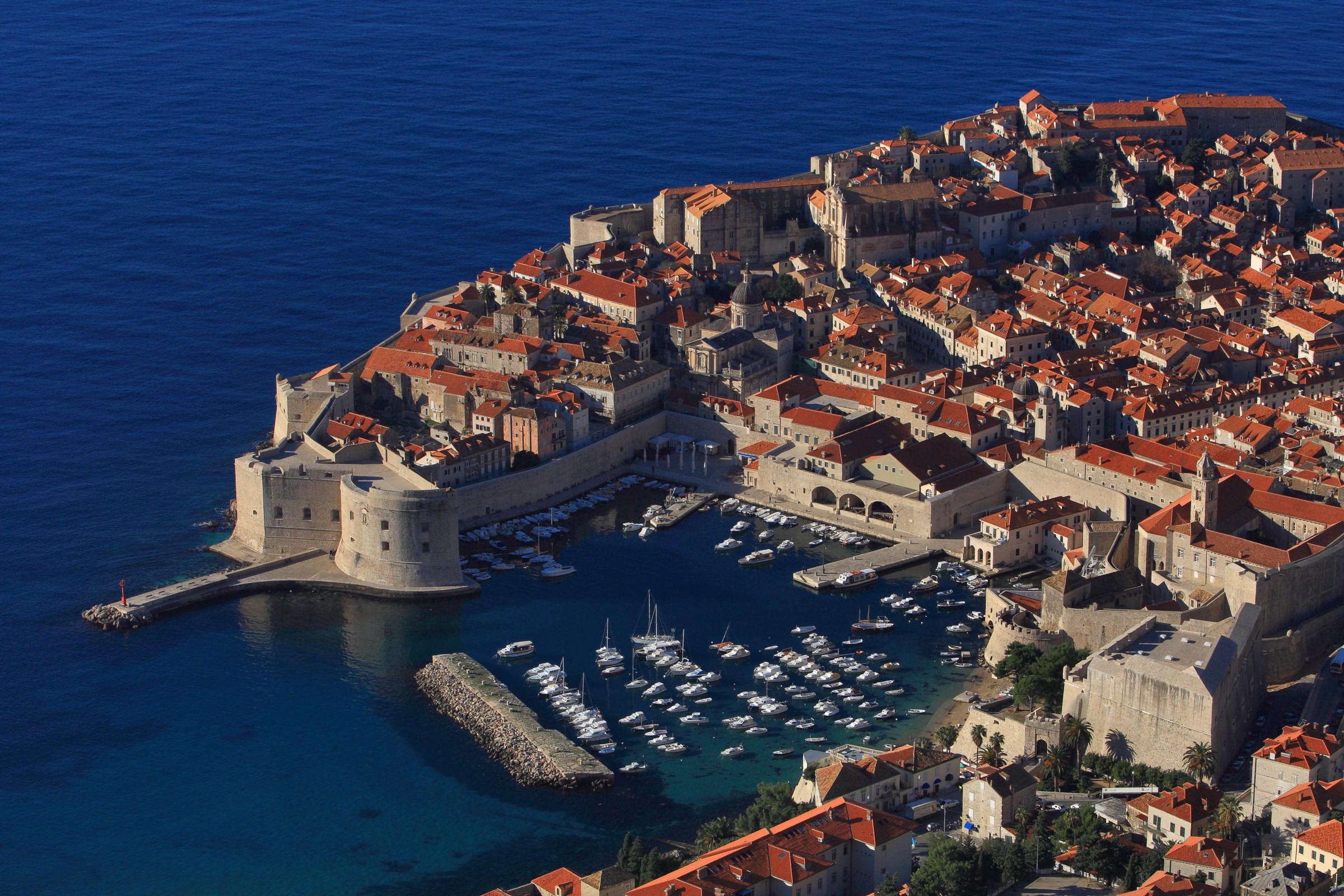
Dubrovnik County has experienced the biggest decline this year / Copyright Romulić and Stojčić
A chance for further development
As the world recovers from the corona crisis, different segments of tourist travel will recover. Regional car travel will recover faster, train and domestic air travel slower, and international air traffic will need the most recovery time.
“Tourism is a reactive activity – as it blows, so the situation will develop,” describes Topolović. Therefore, tourism must be well planned to be sustainable in the long run.
All the interlocutors of this conference agree on one thing: this crisis has shown us the weakest points of tourism, but it also opened our eyes to its improvement in the future. Therefore, this crisis is a chance for further development.
The most important thing, everyone says, is to stay positive in this situation.
For the latest travel info, bookmark our main travel info article, which is updated daily.
Read the Croatian Travel Update in your language – now available in 24 languages.
Join the Total Croatia Travel INFO Viber community.

